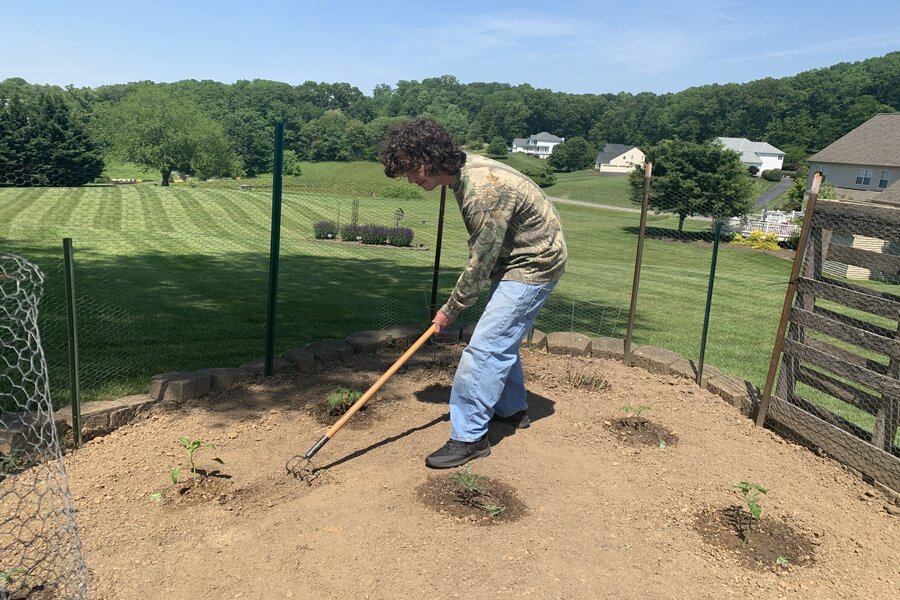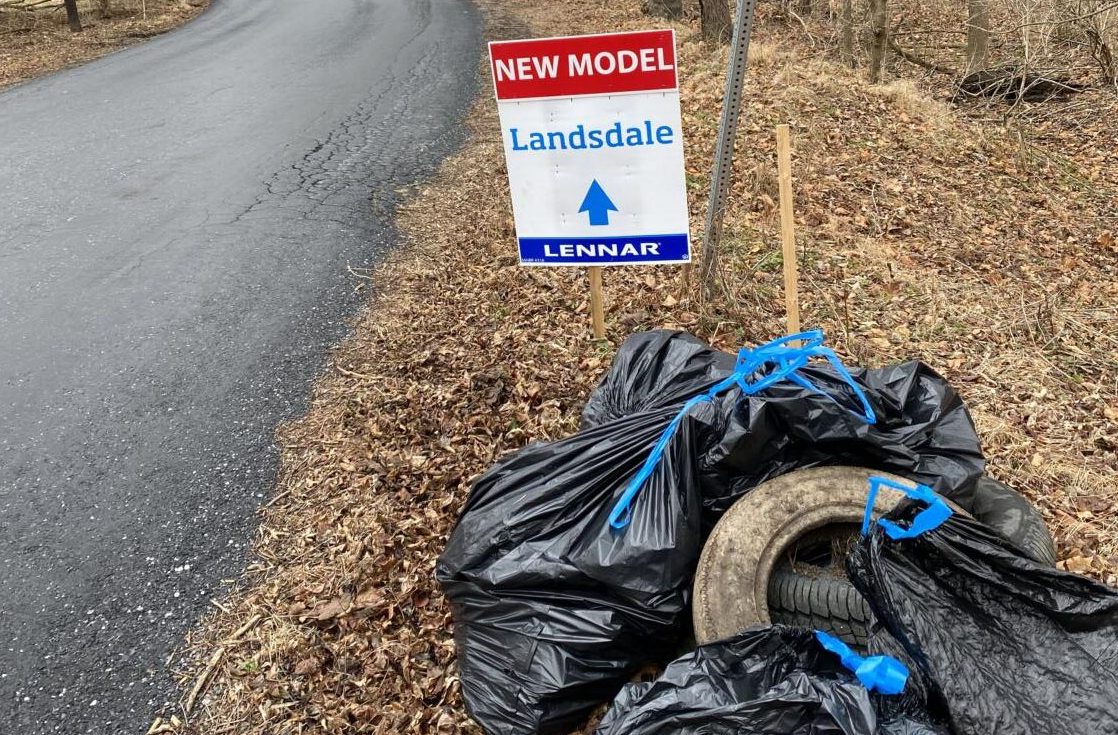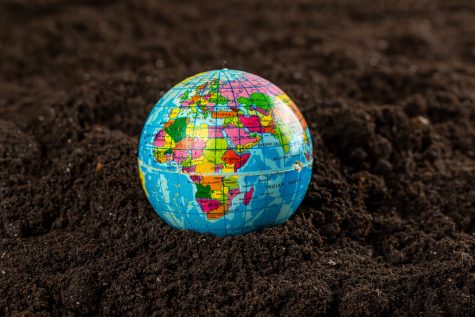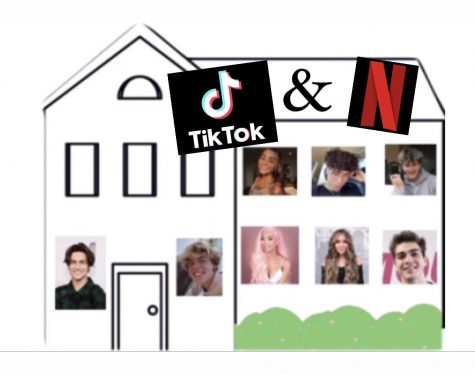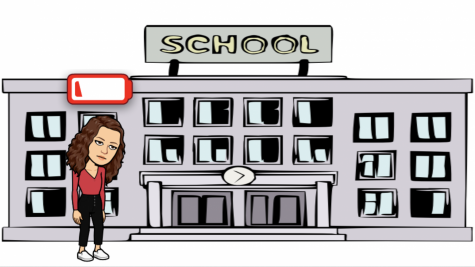What does the future of gardening look like?
Nick Condrasky tends the garden in his backyard as he prepares for harvesting season.
May 26, 2021
You grab a few tools and head out to your garden. You see the bugs flying from plant to plant and the worms slithering on the ground. After a few seconds, you have your knees in the soil, and you’re harvesting some tomatoes, green beans, peppers, or strawberries. You know exactly where your fresh, organic harvest is coming from.
Is GenZ going to be gardening or avoiding the dirt?
The irony of gardening is that people often love it and hate it for the same reason. While some focus on the fact that their food is coming from a safe environment that they have full control of, others cannot be excited about the hours and hours of work a garden needs prior to harvesting. It’s a daily chore–or a daily joy.
Tom Condrasky is a gardener who appreciates where his food comes from and doesn’t seem to care about anything else. He plants lettuce, spinach, tomatoes, peppers, herbs, and beans.
“A few days ago, I was picking spinach leaves and found that one of the leaves had bird poop on it, so I just threw that one away and ate the rest,” said Condrasky.
“I didn’t tell my wife this, but when I was harvesting our lettuce I found a few slugs crawling on it. I just washed it off thoroughly and we still ate it,” he said.
One would have to be possessed to continue to eat spinach and lettuce after seeing it go through that. What are the benefits of gardening that can even overcome that type of stuff?
“Digging in the dirt, and connecting with Mother Nature is a satisfying experience. Many people don’t know where their food comes from. Gardening allows me to understand how real food is made, and how humans survive in the wild,” said Condrasky.
According to the National Gardening Association, 77% of American households have a home garden, with 35% of them being of the older generation. With that being said, the younger generation are rapidly increasing in numbers of green thumbs.
Senior Mark Phelps has no interest in starting a garden. He has a problem with the amount of patience it takes to work a garden.
“I remember in fifth grade when we planted grass seeds in a cup, and it took weeks for it to grow even a little,” said Phelps. “With a garden, it would take even longer, and I would have to water it and take care of it every single day.”
Phelps is also not a huge fan of the way food isn’t as perfect as the grocery store variety.
“Sometimes my parents will bring in a tomato and it will have a gigantic blemish on it. That’s disgusting, and I would never eat it.”
In this digital age, it can be really hard to get a teen in the garden, and it seems that gardening has transitioned into a popular thing for adults with a bit more patience.
“As much as I hate to say it, I will probably make a garden when I grow up and move into my own house. It will keep me eating healthy, and it will give me something to do,” said Phelps.
Ashley Perise, a Linganore alumni, is very into gardening. She believes it is a fun, rewarding experience.
“From gardening, I’ve learned that when I put the time into something I’m passionate about, I will get something out of it. The reward is more than just a harvest. It’s the feeling of satisfaction,” said Perise.
The time it takes to garden detract.
“Gardening does take a long time, but that’s what I like about it. It keeps me disciplined, and puts me on a schedule.”
Gardening can have positive effects on young people, like learning responsibilities, and how to care for others.
“It gives me a responsibility, a reason to get up in the morning,” said Perise.
Gardening can be disgusting, dirty, bird poopish, and sluggish, but it can also be rewarding, healthy, and satisfying. It just depends on how you look at it.


